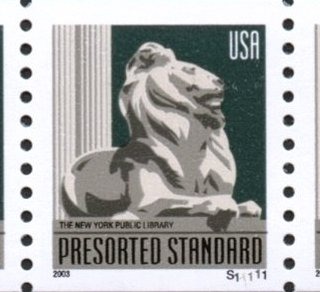Confusion of ideas: “Class”, part1.

Any time a word has multiple meanings, there is the opportunity for some kind of head game to be going on. I know of no better example than the word “class”. It can be used to describe a unit of education, as a substitute for style or grace, or as a ranking of social status. It is the last definition that attempts to influence the mind by stealing perceptions of the other two. The term “upper class” steals from the other two meanings to provide connotations of education and gentility, to use a politically incorrect word. There is not necessarily any correlation. The accidents of birth or the ownership of wealth can be a useful tool, if used wisely. They are one of many means to an end, not the end itself.
“Upper class” used to be a distinction of birth, and still is in some places. In other places in the world, it is just a substitute for “wealthy” or “powerful”. Being labeled “upper class” implies privilege, and there is some truth to this. In a society that makes strong class distinctions, opportunities exist in the form of exclusive clubs and schools. Networking opportunities also exist that help create continued success within the class echelon. In societies that equate wealth with class, similar opportunities exist. Before anyone accuses me of being a Bolshevik, let me say that I think one should be allowed to buy any luxury or quality item that one can afford. Someone has to provide these goods and services, and they are usually paid a premium for doing so. Having consumers for high-end goods and services raises the bar for all creative aspects of society. The problems I have with the system lie in the confusion of purchased or rented privileges for entitlement, and the implied social stigma that attaches to those not in the “upper class”.
The very concept of “upper/middle/lower class” is blurred. I have heard people describe themselves or others as “lower middle class”, “middle-middle class”, and “upper middle class”. You might also hear “working class” and leisure class” thrown into the mix. How the distinction is made depends largely on the prejudices one has acquired from one’s society. In many ways, the prejudices of one stratum of society toward another are not as dangerous or destructive as the prejudices of social distinction one has about one’s self. On three notable occasions I have had people go out of their way to tell me to tell me that they were middle-class. One was a woman from London, one a man from New Delhi, and one a woman from Lavonia, Georgia, USA. In all three cases, it was important to that person that I did not think of them as being from the “lower class”. I did not ask for this information, and it was apparent that they thought I would think less of them if I thought they were from more modest, and potentially ignorant and squalid conditions. I, on the other hand, was just as likely to be impressed. Social and familial dysfunction, and the traps of anger, despair, and frustration exist for everyone, but those of modest means often find them easier to fall into and harder to escape.
When someone says “lower class”, do you automatically equate that to “low class”? Does your mental image contain people living in urban ghettos, or rural poverty, or homeless beggars living on the charity of others? Or, do you think of those elements of society with a more feral nature? Do you equate “lower class” with those that lie and cheat and steal? If you see someone with shabby clothes, or worn-out shoes, or teeth untouched by orthodontia, do you pigeon-hole that person as somehow less important or useful? All of this is part of a social tradition of establishing a pecking order. It is the children of rich merchants picking on the kids of poor coal miners who go to the same High School. It is disgraceful, and largely irrelevant to individual human potential. Unfortunately, it is often a self-fulfilling stigma, and becomes personally relevant through the destruction of self-esteem. In other words, “humble beginnings” have a bad rap these days.
In part 2, I’ll describe some of my personal experiences with the concept of class. I dedicate this post to Peter O’Toole and the memory of Margaux Hemingway for widely divergent reasons.

3 Comments:
Sounds like a discourse on sociology.
Of course, different economists attribute various guidelines for various earning income groups as a means of guaging the economy.
Having said that, social statuses has a lot to do with it. Just as ladies love to measure the sense of a man's prick by the size and manufacturer of the car, people tend to judge and categorize individuals/families by their social statuses.
The only class term I use, because it is the only accurate one, is "ruling class". Everything else is conceptual muddle.
Oh yes, and I very much like the term "natural aristocracy" also, as somewhat of a replacement for the education and gentility you were talking about, but aristocracy mainly implies some form of power.
Post a Comment
<< Home